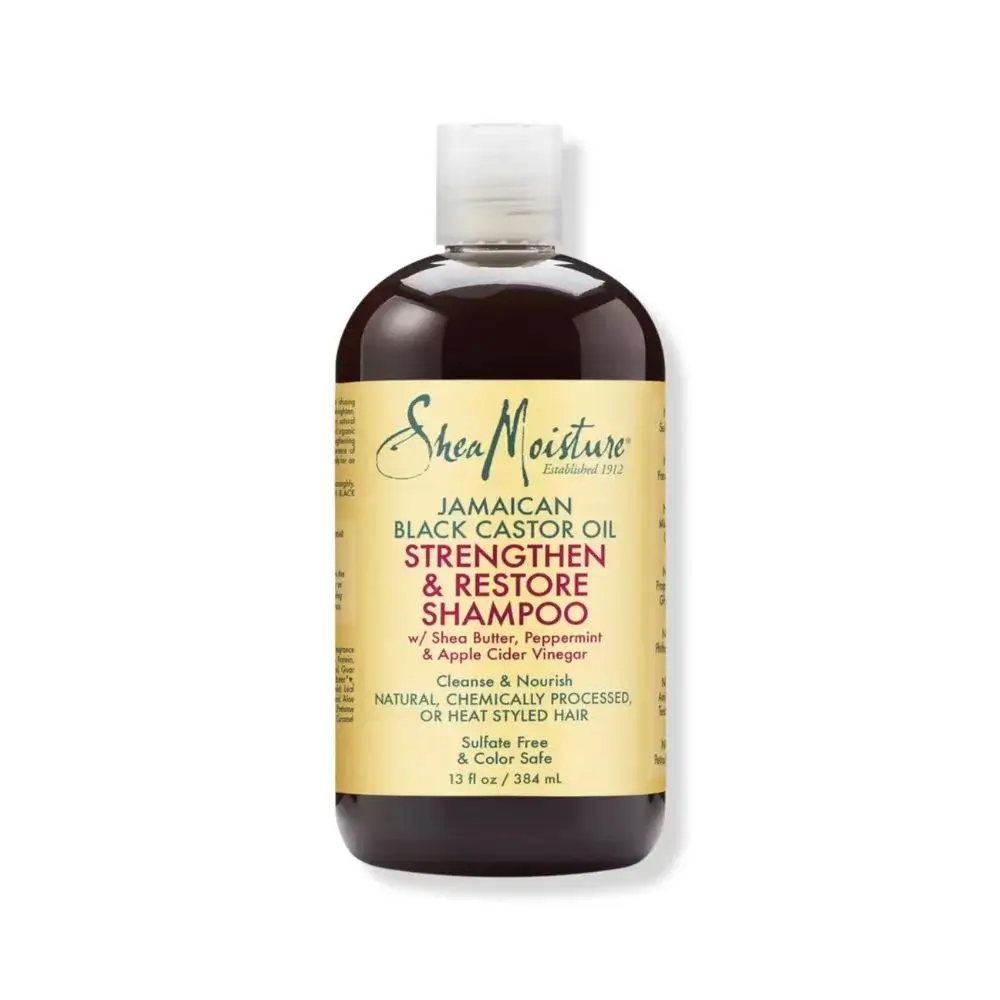4C hair is a curly hair type that has become increasingly popular in the natural hair community. It is characterized by tight, densely packed curls that cling to the scalp. Unlike other curly hair types, 4C hair has a more defined and coarser texture, making it susceptible to breakage and dryness. Understanding the unique features of 4C hair and how to care for it properly is essential. This blog post will explore what 4C hair is and what makes it unique.
Definition of 4C Hair
4C hair is a curly hair type that is characterized by tight coils that are densely packed together. It is the most delicate and fragile hair type within the curly hair family. 4C hair often lacks visible curl definition and has a shrinkage factor of up to 75%, making it susceptible to breakage. It is the most challenging curly hair type to manage and requires special attention.
Unique Features
One of the unique features of 4C hair is its fragile nature. Due to its tightly coiled structure, it is susceptible to breakage, shrinkage, and dryness. 4C hair also has the most shrinkage of all curly hair types, which means that it can appear much shorter than it is. Another unique feature of 4C hair is its versatility. 4C hair can be twisted, braided, or styled in an afro without chemicals or heat.
Caring for 4C Hair
Caring for 4C hair is crucial to maintaining its health and natural beauty. Key hair care practices include regular deep conditioning, protein treatments, and gentle detangling. Moisturizing the hair is also essential to keep it hydrated and prevent breakage. It is recommended to use natural hair products that have no harsh chemicals that can dry out your hair. Besides, avoid using heat styling tools often, which can cause damage in the long run.
Styling 4C Hair
Styling 4C hair can be challenging, but various styles can be tailored to suit your hair type. Protective styles such as braids, twists, and bantu knots can help protect the hair and promote growth. Detangling your hair gently can also enhance your styling capabilities. Experts recommend using the "finger detangling" technique, using your fingers to separate your hair instead of using a brush gently.
Embracing Your 4C Hair
Embracing your 4C hair is a significant aspect of your natural hair journey. Learning how to care for your hair and finding the perfect styling techniques for your hair type can help you appreciate your hair's unique qualities. Some tips to help you embrace your hair include watching tutorials, seeking inspiration from other natural hair wearers, and enjoying experimentation.
4C hair is a unique hair type that requires special attention. It is essential to understand its features and how to care for it to maintain its health and beauty. With the proper care practices and styling techniques, you can successfully embrace your 4C hair and feel confident in the hair you were born with. So, go on and embrace your natural hair journey today!
If you're a naturalist with 4c hair, you know how frustrating it can be to find the right shampoo to cleanse your hair without stripping it of its natural oils. That's why we have researched for you and found the best shampoo for 4c hair. Click the link and say goodbye to bad hair days forever! Our recommended shampoos will keep your hair clean, moisturized, and manageable. Get ready to fall in love with your hair all over again.
What role does moisture retention play in selecting a shampoo for 4C hair?
Moisture retention is a pivotal factor when choosing a shampoo for 4C hair. This hair type is naturally prone to dryness, making hydration paramount. Opting for moisturizing shampoos infused with ingredients like shea butter or natural oils helps prevent excessive moisture loss during cleansing. Hydrated strands are more pliable, reducing the risk of breakage and promoting overall hair health. By prioritizing moisture-retaining shampoos, you ensure your 4C hair receives the essential hydration it craves, resulting in improved manageability, reduced frizz, and enhanced vibrancy.

What impact does pH balance have on maintaining healthy 4C hair?
Maintaining a suitable pH balance is crucial for 4C hair health. The natural pH of hair falls within the slightly acidic range of 4.5 to 5.5. Shampoos with a pH close to this range preserve the hair's cuticle, preventing raised scales that lead to frizz and breakage. Choosing pH-balanced shampoos ensures the scalp's natural protective barrier isn't compromised. Straying from the optimal pH can disrupt the hair's moisture balance and overall health. By selecting shampoos that align with the hair's natural pH, you foster a healthy environment that enhances the vitality of your 4C hair.

What are the potential drawbacks of shampoos with harsh chemicals on 4C hair?
Shampoos laden with harsh chemicals can pose challenges for 4C hair. Ingredients like sulfates and parabens may strip the hair of its natural oils, exacerbating its predisposition to dryness. Harsh cleansers can disrupt the scalp's pH balance, leading to discomfort and potential issues. Besides, chemicals might cause irritation or allergic reactions, affecting hair and scalp health. Such shampoos may also contribute to color fading in dyed 4C hair. Opting for gentler, sulfate-free, and natural ingredient-based shampoos safeguards the integrity of your 4C hair, promoting optimal health and appearance.

How should I incorporate deep conditioning after shampooing my 4C hair?
After shampooing your 4C hair, deep conditioning is essential for replenishing moisture and nourishment. Once hair is cleansed, apply a generous amount of deep conditioner, focusing on mid-lengths to ends. Use a plastic cap or steamer to enhance product absorption for intensified results. Allow the deep conditioner to sit for the recommended time before rinsing with cool water. This seals the hair's cuticle, enhancing shine and moisture retention. Deep conditioning can be a weekly ritual based on your 4C hair's condition. This step complements shampooing, ensuring your hair maintains its health, softness, and manageability.

How does the porosity of 4C hair affect the choice of shampoo and its application?
Understanding your 4C hair's porosity is pivotal when selecting shampoos and designing a proper application routine—low-porosity hair benefits from lightweight, sulfate-free shampoos that prevent buildup. Warm water helps open the cuticle for thorough cleansing. High porosity hair thrives with moisturizing, protein-rich shampoos to fortify strands. Cooler water helps close the cuticle and retain moisture. Medium porosity hair enjoys a balanced approach with a variety of shampoos. Adapting your shampoo choice and application technique to porosity ensures your 4C hair receives the tailored care it needs, maintaining balance, health, and resilience.
Should I be concerned about parabens and sulfates in shampoos for my 4C hair?
Expressing concern about parabens and sulfates in shampoos for 4C hair is valid. Parabens, used as preservatives, may disrupt hormonal balance. Sulfates, responsible for lathering, can strip natural oils and lead to dryness. Both ingredients might cause scalp irritation or allergic reactions. Opting for sulfate-free and paraben-free shampoos addresses these concerns. Gentle cleansers like coco-betaine maintain cleansing efficacy without harshness. Prioritize shampoos with natural and botanical ingredients. By avoiding parabens and sulfates, you uphold the health and well-being of your 4C hair, ensuring it remains vibrant, moisturized, and free from potential irritations.







